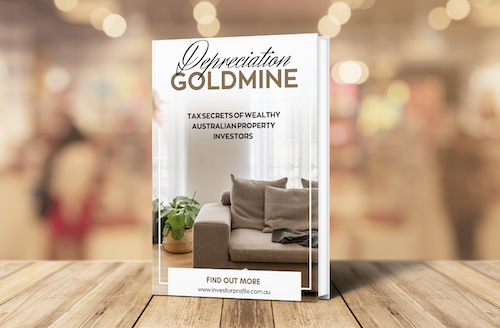Maximizing Rental Income: Tax Considerations, Deductions, and CGT Insight
Renting out a spare room—or even your entire home on occasion—can be an excellent way to supplement your income. However, it’s vital to be aware of the tax implications, including the income you must declare, the deductible expenses available to you, and the potential impact on Capital Gains Tax (CGT) when you sell your property.
Reporting Rental Income
Any rent you receive is classified as assessable income and should be reported on your tax return. While you can deduct certain expenses, these deductions only apply to the section of your home that is rented and the period it’s occupied by tenants.
Common expenses that can be claimed include:
- Mortgage interest
- Council rates
- Electricity and utilities
- Property insurance
- Cleaning and maintenance costs
Example 1: Renting Out a Room
Jane owns an 80 sqm two-bedroom unit and rents out one 10 sqm bedroom for 150 days in the year. Additionally, tenants have access to 50 sqm of shared living areas such as the kitchen and living room.
Jane’s deductible expense calculation:

Discover the #1 tax secret wealthy Australian property investors use to grow their portfolios faster — even in a high interest rate environment.
- Learn how to turn wear and tear into wealth
- See real examples of $15,000+ first-year deductions
- Understand how to structure your purchases for maximum after-tax ROI
Download Your Free Wealth Building Guide
This ebook reveals how to legally slash your tax bill while building long-term wealth through property. Learn the strategies savvy investors use to gain an edge — even before settlement.
- Maximise tax deductions and improve cash flow
- Understand Division 40 vs 43 and how to claim both
- Position yourself to reinvest and scale faster
- Private room usage: (10/80) x (150/365) = 5.13%
- Shared common areas (50% attributed to the tenant): ((50/80) x (150/365) x 0.5) = 12.84%
Total deduction rate: 17.97%
Jane can claim 17.97% of her overall property expenses plus 100% of any platform fees.
Capital Gains Tax (CGT) Considerations
If you rent out a portion of your principal residence, be mindful that you could lose a part of the CGT main residence exemption when it comes time to sell. The CGT will be calculated based on the proportion of the property and duration it was rented.
Example 2: Renting Your Home on a Short-Term Basis
John and Mary occasionally rent their one-bedroom city apartment for 100 nights while living with relatives the rest of the year.
Calculation for deductible expenses:
- Rental period: 100/365 = 27.93%
- They can claim 27.93% of shared expenses over the year.
- 100% of platform service fees are deductible.
Key Points to Remember
- Maintain Detailed Records: Keep all receipts, rental agreements, and platform statements.
- Claim Only Relevant Expenses: Deductions must be directly related to the rental portion of your property.
- Understand Your CGT Exposure: Renting out part of your home may reduce your CGT exemption when selling.
- ATO Compliance: The ATO receives data from rental platforms, so precise reporting is essential.
Final Thoughts
While the tax benefits of renting can be significant, so too can the pitfalls if the rules aren’t followed. It’s wise to consult with an accountant or tax advisor to ensure you’re making the most of your situation while staying compliant.
Need assistance planning your property tax strategy? Start your profile at chat.investorprofile.com.au today!


